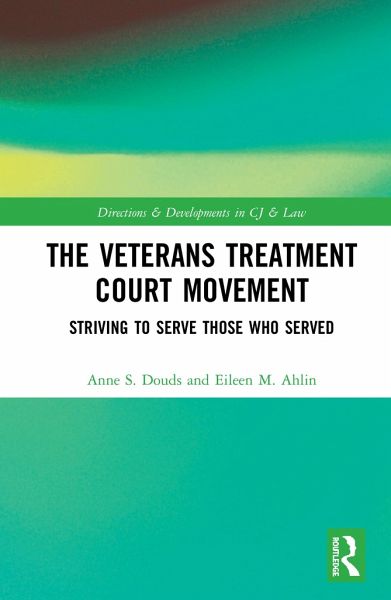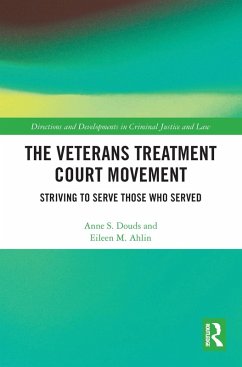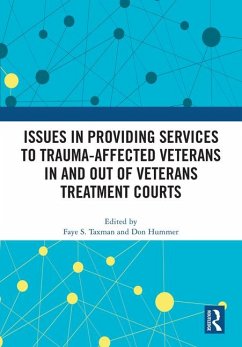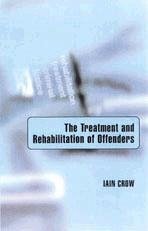
The Veterans Treatment Court Movement
Striving to Serve Those Who Served
Versandkostenfrei!
Versandfertig in 1-2 Wochen
54,99 €
inkl. MwSt.
Weitere Ausgaben:

PAYBACK Punkte
27 °P sammeln!
This book provides comprehensive, empirical analysis of the veteran's court movement. Examining every component of veterans courts, weighing cultural, legal, and practical strengths and limitations of programs.














